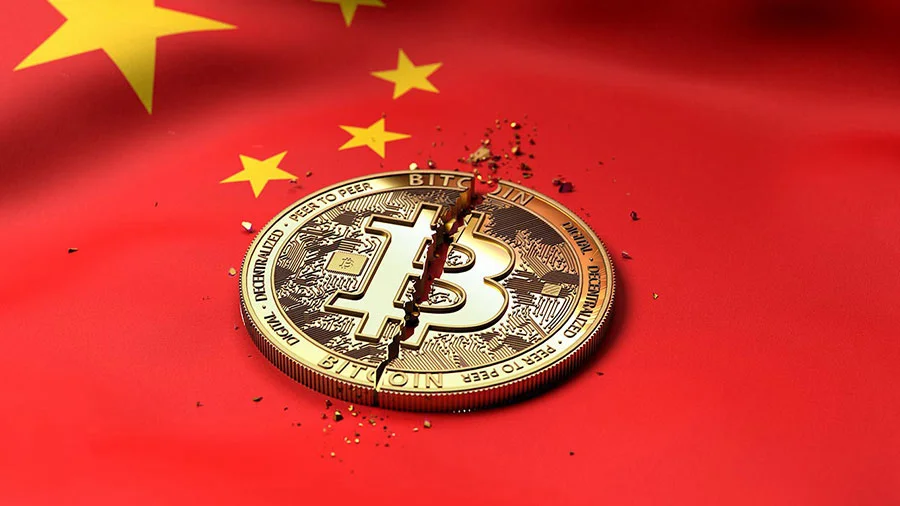China’s GAPP has released a draft of new regulations for the online gaming industry, including a ban on converting game tokens into fiat or physical goods. The move reflects China’s strict stance on digital currencies in gaming.

China’s General Administration of Press and Publication (GAPP) has unveiled a draft of new regulations for the online gaming industry, which aim to curb the use and exchange of game tokens, especially those related to cryptocurrencies. The draft, which was released on December 22, 2023, is open for public consultation until January 22, 2024, before it becomes legally binding.
The draft regulations cover a wide range of aspects of the online gaming industry, such as licensing, content, data, and user protection. However, one of the most notable and controversial parts of the draft is Article 23, which deals with the use of game tokens.
The draft also prohibits the use of game tokens to participate in gambling, speculation, or illegal transactions. It also impose strict limits on the issuance and distribution of game tokens.
Game providers are required to obtain approval from the GAPP before issuing game tokens and to disclose the total amount, circulation, and rules of use of the game tokens. Game providers are also forbidden from offering any inducements, such as bonuses or rewards, for users to obtain or use game tokens. Moreso, these providers are required to implement measures to prevent irrational consumer spending and addiction, such as setting caps, reminders, and cooling-off periods for game token transactions.
The draft regulations reflect China’s tough stance on digital currencies in gaming, especially those related to cryptocurrencies. China does not recognize cryptocurrencies as legal tender and has banned crypto exchanges, mining, and trading activities in the country. China has also cracked down on crypto-related activities in other sectors, such as education, entertainment, and social media.
The draft regulations also add complexity and uncertainty to the interpretation and implementation of the rules for game tokens, especially those that are based on blockchain technology or have crypto-like features. For instance, some game tokens may be considered non-fungible tokens (NFTs), while some may also be linked to decentralized applications (DApps).
The draft regulations do not explicitly address the status and treatment of these game tokens, leaving room for ambiguity and confusion. It is unclear how the GAPP will define and distinguish game tokens from other forms of digital assets and how it will enforce the ban on the conversion of game tokens into fiat or physical goods.
It is also unclear how the GAPP will monitor and regulate the cross-border and cross-platform transactions of game tokens, especially those that occur on decentralized and peer-to-peer networks.
China’s Impact on the Web3 Gaming Sector
The new Chinese online gaming regulations prohibit the exchange of game tokens into fiat or goods. These limitations may impact Web3 gaming, which leverages blockchain and crypto to build immersive games.
The draft regulations could pose challenges and risks, as well as opportunities and incentives, for the Web3 gaming sector, depending on how they adapt and innovate. The draft regulations could have a significant impact on the crypto industry and the future of gaming.
